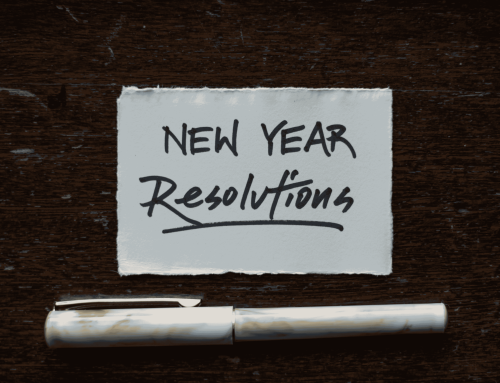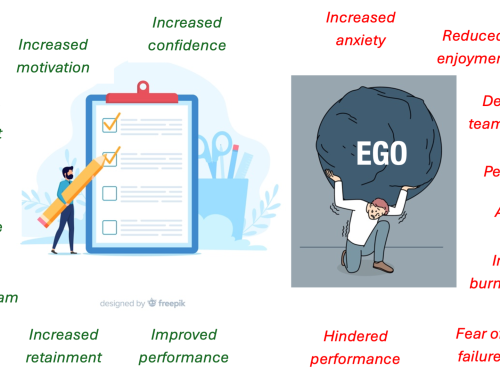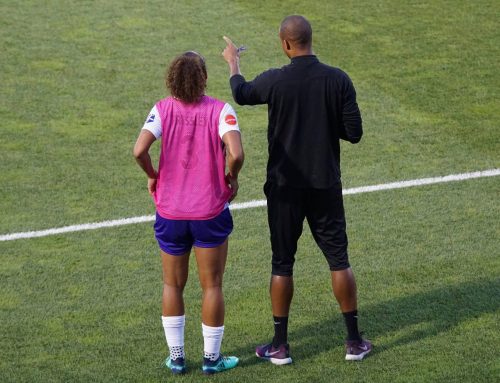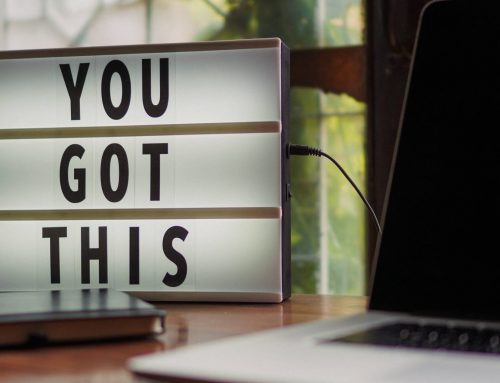Reflective Practice – What, Why, and When?
Reflective practice, simply put, is the recollection of memories from previous performances with the aim using these memories to learn from and improve. When we use the word performance here, we can be referring to: –
- Your most recent game
- A past game that you performed well/not-so-well in
- A recent training/practice session
- A memorable performance
What separates just simple recall of memories and reflective practice is the structured and meaningful recall process we subject these memories to. In essence, reflective practice is an effective psychological tool relying upon self-analysis to build and reinforce our confidence in our ability.
Why Should We Reflect?
Picture this. You are a goalkeeper for a football team who has just won a semi-final of a cup competition and are now in the final. Despite a good game, in which you didn’t concede, you are worried about the final because the team that you are playing has a prolific striker. You think that you don’t stand a chance against them if he’s playing.
This is where reflective practice may be able to help.
Using the example above and the memory of the recent semi-final performance, the player in question could recall the performance from start to finish, noting everything down but paying particular attention to the most memorable parts – good saves, great kicks, being strong when gathering corners. When no more can be recalled, the player would begin to outline these actions and other actions that led to feelings of confidence. Finally, these notes could be reviewed before the final to evoke the same feelings of confidence in his ability, taking these into the big occasion.
From that example, you may be able to see a few of the benefits of positive reflective practice, but the benefits do not stop there.
Physical – Engaging your brain in this way leads to various physical improvements, such as quicker decision making during next performances from the mental rehearsal and reflection undertaken. Quicker decisions may lead to quicker movements, which may be the difference between a successful and unsuccessful play – in this example, the goalie coming off their line quicker to the oncoming striker they were originally concerned about.
Mental – Adequate and regular reflection ultimately builds confidence, as one can review where they are developing and improving. When someone actively engages in positive reflection and then replicates the positive experiences in their training, feelings of confidence are experienced and reinforced. Before long, through a committed effort, the brain begins to recognise the benefit of reflection and facilitates processes which allow this confidence to be drawn upon in competition/matches. In doing so regularly, engaging the brain to frequently review positive experiences encourages the body to recognise the indicators of positive performances, developing a greater understanding of yourself, greater chance of skill development, and even influence more positive future performances.
How do we reflect?
With only a quick internet search, you’ll no doubt find plenty of methods of reflection. From Gibbs’ Reflective Cycle to Atkins and Murphy’s Model of Reflection, we could go on. Reflecting using these models is a great thing to do, but we do not need to make it as complex. Some reflection is better than NO reflection.
So, how about following these steps?
- Describe the experience – Write a sentence or two describing the experience. You can even write this from the perspective of an onlooker to make it more objective.
- What went well, what could be better? – Continue with one sentence to describe what you did well, and something that didn’t go well and could have gone better. It is important to be honest with yourself here, and even critical but don’t get over critical and limit yourself to one point for each.
- Why! – What is the hardest part of reflection. Think about what caused the points you have written down and allow yourself time to think about this thoroughly.
- What have you learnt? – While the ‘why’ is the hardest part, the learning is the most important part! Now you have your experience, the consequences of the positives and negatives, and why it happened, how will you take this experience and use it to positively progress in future?
When do we reflect?
Now when we reflect is a very important question. Research has suggested we can reflect at any time, any place. Staged reflection encourages reflection immediately post-event, yet are we in the right mindset when we have just lost an important match? Equally, are we wanting to sit and deliberate over a result when we are celebrating an important result? This, naturally, is up to you but the question to ask is: –
If I was to reflect on my performance now, can I be honest, fair, objective to make it beneficial?
If the answer is no, then reflecting at that moment isn’t worthwhile. It may be tempting to look back on a performance in the car journey home (looking at you parents…) as it is fresh in our memory, but there isn’t worth to this if you can only draw reflective points based on a result. Heightened emotions and positive reflections do not work well together. The important part is to find a time where the answer to the above question is yes, whether this is 2 hours after a performance or 2 days.
Summary
Positive reflective practice provides an athlete with the ability to review performances without revealing weaknesses and failure, but rather showing strengths and a way to positively impact performance. Reflective practice can be a useful tool for improvement, and a way to influence future performances and one’s own confidence in ability. Using the lessons taught from reflecting in an athlete’s preparation for competition, you could expect to see benefits in not just training, but in competition and performances too.
If there is anything in this blog that you want to discuss, maybe about how you can begin to integrate reflective practice into your performance, then get in touch with Leading Edge Performance, either by clicking the HERE, or following us on our socials at the bottom of you page!





Leave A Comment